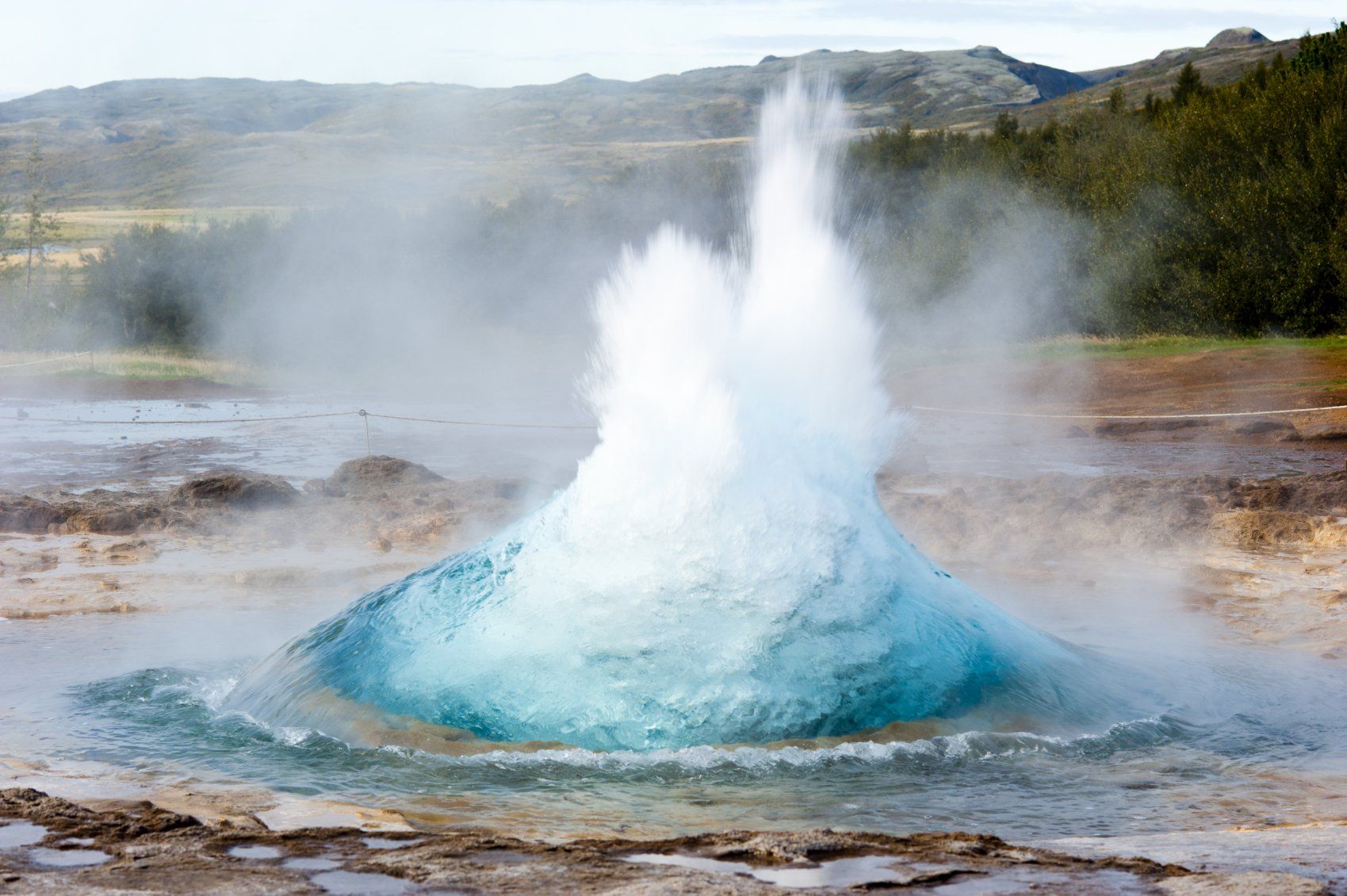Commit to Lifelong Learning
"perpetuam uitae doctrina!"
"Live as if you were to die tomorrow.
Learn as if you were to live forever." Mahatma Gandhi.

A Career as a Geothermal Energy Technician
Enrich Your Life! We are here to point you in the right direction and cheer you on.

Why You Should Consider a Career as a Geothermal Energy Technician
With the rising demand for renewable energy sources, geothermal energy is quickly gaining popularity as a sustainable solution. As a result, careers in geothermal energy are becoming more attractive and lucrative.
Geothermal energy technicians are in high demand, and for good reason. Not only is it a rewarding and exciting career, but it also offers the opportunity to contribute to a cleaner and more sustainable world.
On this page, we'll explore the reasons why you should consider a career as a geothermal energy technician.

Topic List
- What is geothermal energy?
- Benefits of geothermal energy
- Geothermal energy technician job responsibilities
- Training and education requirements for geothermal energy technicians
- Career opportunities and growth potential for geothermal energy technicians
- Average salary and job outlook for geothermal energy technicians
- How to become a geothermal energy technician
What is geothermal energy?
Geothermal energy is a type of renewable energy that comes from the Earth's internal heat. The word geothermal comes from the Greek words "geo," meaning Earth, and "thermos," meaning heat. This energy can be harnessed and used to heat homes, produce electricity, and even for industrial purposes.
The Earth's internal heat comes from the natural decay of radioactive elements, as well as residual heat from the Earth's formation. This heat is transferred to the Earth's surface through volcanic activity, geysers, and hot springs.
Geothermal energy is a clean, reliable, and sustainable source of energy that can reduce our dependence on fossil fuels and help mitigate climate change. According to the International Energy Agency, geothermal energy could potentially meet 3-5% of global electricity demand by 2050.
In addition to being a source of renewable energy, geothermal energy also has several benefits. It produces no greenhouse gas emissions, has a small land footprint compared to other energy sources, and has low operating costs compared to other renewable energy sources.
As a geothermal energy technician, you would be part of the team responsible for harnessing this renewable energy source and making it accessible for use.
